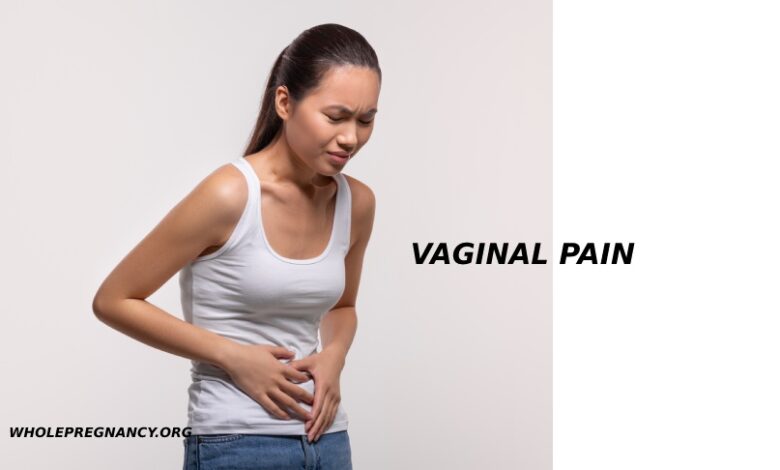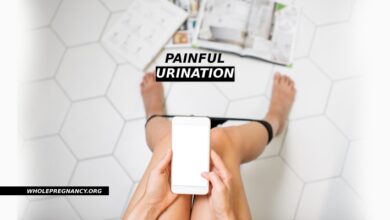What causes vaginal cramps?

Vaginal spasms and cramps can feel like painful, strong muscle contractions. Although mild vaginal cramps may be an indication of menstruation or a sign of something else, vaginal cramps and spasms that are severe or persistent can often be caused by underlying medical conditions. This article will discuss the most common causes and treatment options for vaginal cramps.
Causes of Vaginal Cramps
While there are a big list of what can cause cramps in the vagina, these are the most possible causes:
Infections
Vaginal infections may cause cramps. Vaginal infections can cause discomfort, pain, inflammation and cramps. There are several common types of vaginal infections:
- bacterial vaginosis
- Sexually Transmitted Infections (STIs) such as Trichomonas
- Urinary tract infections
- yeast infections
Other infections can cause fever or unusual discharges, which may leave you with a foul-smelling odor.
Menstruation
Menstruation is often accompanied by cramps in the vegina. These cramps occur when the uterus contracts and sheds the uterine liner and they are called menstrual cramps. While cramps in the pelvis tend to be more frequent, cramps in the vagina are not uncommon. Doctors would expect mild cramping during menstruation. However, severe pelvic pain or bleeding are not common symptoms of period. A doctor can prescribe medications, such as constipation and difficulty controlling a urine flow.
Pelvic inflammatory Disease (PID).
PID refers to a condition wherein an infection of the pelvic organs causes inflammation of the vaginal tissues. The symptoms can be mild or severe and could include:
- bleeding between periods
- Lower abdomen pain
- Pain during sex
- Unusual discharge from the vaginal area or unusual odor
- Vaginal cramps
People with STIs such as gonorrhea and chlamydia are more likely that they will experience PID.
Uterine fibroids
Uterine fibroids, which are not cancerous growths, develop in the uterine walls. They are most common in people in their 30s and 40s, but they tend to disappear after menopause. Uterine fibroids may cause heavy bleeding, vaginal cramps and pain during sex.
Vulvodynia
Vulvodynia refers to a medical condition where a person feels pain in their vulva (external female genitalia) for three months or more without any known cause.
Miscarriage
A miscarriage is a termination of a pregnancy before or during 20 weeks. Miscarriage can lead to bleeding, spotting and pain in the abdomen.
Vaginal Cramps During Pregnancy
There are many reasons that vaginal cramps can occur during pregnancy. Mild cramps could be caused by the implantation or cervical cell changes. Some discomfort can be caused by the growing uterus, which can put pressure on surrounding pelvic organs. If bleeding and spotting during pregnancy are present, vaginal cramps during the first 20 weeks can be a sign of a miscarriage.
Vaginal cramps can sometimes indicate the impending delivery of a baby. It is best to consult a doctor if you feel these symptoms less than 37 weeks before the due date. Vaginal cramping, along with contractions helps to make changes to the cervix in preparation for the delivery. A sudden onset of vaginal cramping may be a sign that your cervix is dilation to prepare for delivery.
When You Should See a Doctor
Some women may experience mild vaginal cramps when they have their periods, but other cases of vaginal cramping could indicate more serious and often treatable conditions. If you are experiencing any of these symptoms, in addition to vaginal pains, it is a good idea to consult a doctor.
- foul-smelling or unusual discharge
- A sensation of pressure and fullness in the pelvis
- Heavy or unexplained bleeding and spotting
- Severe pain
- Pain during sex
- Trouble controlling your urination, or feeling of urgency
- Painful urination
A doctor should be consulted if a pregnant woman experiences these types cramps or bleeding.
Takeaway
Although mild cramps can be a common symptom of menstruation and are not uncommon, severe or recurrent cramps could indicate underlying medical conditions. A doctor can diagnose the problem and suggest treatment options to reduce pain and frequency of the cramps.




